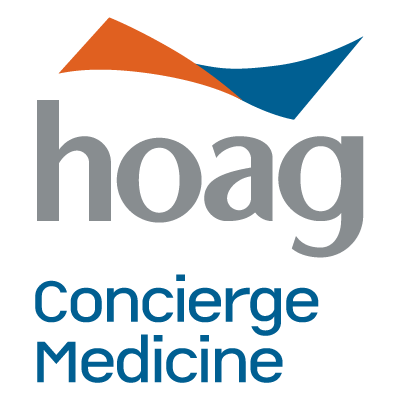As healthcare evolves to meet the diverse needs of patients, two distinct models have emerged at the forefront: traditional and concierge health. Each offers a unique approach to healthcare delivery, with its advantages and disadvantages. This article explores the critical aspects of these models to provide a clear understanding for navigating healthcare choices.
Traditional Healthcare: The Standard Model
Traditional healthcare, the more familiar model, operates on a fee-for-service basis. Patients access a wide range of services, from annual physical exams to urgent care visits, typically covered by insurance. This model’s strength lies in its accessibility and comprehensive coverage for various medical needs.
Pros of Traditional Healthcare
Broad Access: Traditional healthcare services are widely available, offering care to large segments of the population.
Insurance Coverage: It is predominantly covered by insurance, easing the financial burden on patients.
Emergency Services: It excels in providing immediate care in emergencies, a critical aspect for acute medical conditions.
Cons of Traditional Healthcare
Impersonal Experience: Due to high patient volumes, the care can often feel rushed, with less time for personalized attention.
Long Wait Times: Patients frequently face delays in receiving care, from scheduling appointments to waiting for treatments.
Reactive Focus: The emphasis is largely on treating illnesses rather than preventing them, which can overlook the benefits of proactive health management.
Concierge Health: Personalized Care
Concierge health represents a shift towards a more personalized healthcare experience. Patients pay a membership fee, which grants them direct access to their healthcare providers, same-day appointments, and a focus on preventative care. This model is tailored to those seeking a more involved and attentive healthcare partnership. Hoag Concierge Medicine offers all these services and more, including access to a full gym, nursing staff, fitness personnel and nutrition counselors.
Pros of Concierge Health
Personalized Attention: The hallmark of concierge health is the significant time and personalized care patients receive from their providers.
Preventive Approach: There’s a strong emphasis on preventing disease and maintaining health, rather than merely reacting to health issues as they arise.
Accessibility: Patients enjoy enhanced access to their healthcare providers, including after-hours contact for urgent concerns.
Cons of Concierge Health
Higher Cost: The membership fee for concierge services, which is not covered by insurance, can be a significant barrier for many.
Limited Availability: There are fewer concierge practices compared to traditional ones, which may limit patient options.
Insurance Compatibility: Some concierge services may not align with traditional insurance plans, potentially leading to additional out-of-pocket expenses for patients.
Making the Right Choice
Choosing between traditional and concierge health models depends on individual health needs, preferences, and financial capabilities. Those valuing personalized care and are able to afford the membership fee may find concierge health appealing. Meanwhile, individuals who prioritize accessibility and broad insurance coverage might lean towards traditional healthcare.
Many patients find the move to concierge health is well worth the membership fee, especially if they have chronic conditions that require a higher level of care. The focus on easy access to preventive care enables early disease detection in a way traditional healthcare cannot. This can offset costly health issues later on by catching disease early.
Learn More About Concierge Health Today
The decision between traditional and concierge health models is highly personal. As healthcare continues to adapt, understanding the nuances of these models is essential for making informed choices about one’s health. Both models offer distinct benefits and can be suitable for different types of patients, based on their specific healthcare needs and financial situations. Navigating this choice requires a careful assessment of what is most valued in a healthcare experience—whether it’s the personalized attention of concierge health or the broad accessibility of traditional healthcare.

